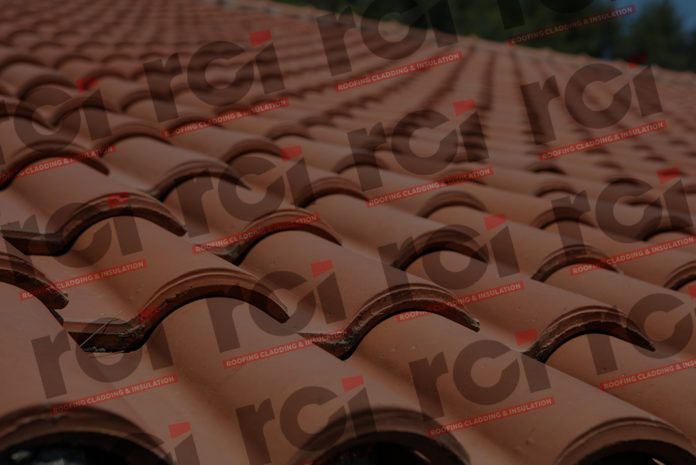A new trade association entitled: Roofing and Waterproofing Test Association (RAWTA) has been formed for test houses that electronically site-test and certify roof and waterproofing systems.
Inaugural chairman, Stephen Thornton, was the very first consultant to undertake electronic integrity testing at London’s Broadgate complex in the late 1980’s. He has seen this process gain more and more acceptance across the spectrum of designers and contractors in the construction industry, and is confident that it will continue to expand, especially in areas of construction that have not yet accepted the concept.
“This test process has come of age over the last 30 years or so, when the only known method was a long and prolonged flood test, which also gave no indication as to where a leak might be occurring,” said Stephen. “Electronic testing is fast, pinpoint accurate and economic, so has now become the industry standard. There is still much to be achieved, however, such as ensuring that every test regime is meaningful by being truly independent.”
The process to form a new trade association began in early 2017, to meet the challenge of revised rules for CSCS card applications, for which a recognised qualification is now required. Additionally, there was no regulation over test houses, so any person could purchase a unit one day and be certifying the next, with potentially no liability to the client.
“We have nothing against new players in the field,” continued Stephen, “it’s just that the customer needs assurance that he is getting quality and value.”
To achieve this, those interested test houses knew that they could not go it alone, so agreed that the best way forward was to come together as a group. RAWTA has since worked closely with CITB and CSkills Awards to develop an industry-specific Level 3 NVQ, which was approved in December 2018. Members now abide by a strict code of practice, which forbids test houses or personnel from certifying an installation where there is a conflict of interest, such as mutual ownership or common directors, or even testing their own work. They also agree that electronic testing is not a catch-all process and sometimes may be ineffective on certain installations, so will notify the client of any limitations of test, then advise on how to best achieve it, rather than take on dubious testing for the sake of income alone.
“In the early days, trying to impose conditions on certain waterproofing installations to enable electronic test was seen as the tail wagging the dog,” continued Stephen. “We have now come of age and have the respect of the construction industry, which can only be of benefit to all.
“By employing a RAWTA member, the client can be confident of a consistency of approach. Ideally, the suitability and methodology of any test should be considered at the design stage, rather than wait for problems to arise either during the tender process or, worse, once the system has been installed – a situation that still occurs all too often.”
RAWTA aims to liaise with the top UK contractor associations towards the goals of enhanced quality and zero defects in all membrane roofs and waterproofing installations.




